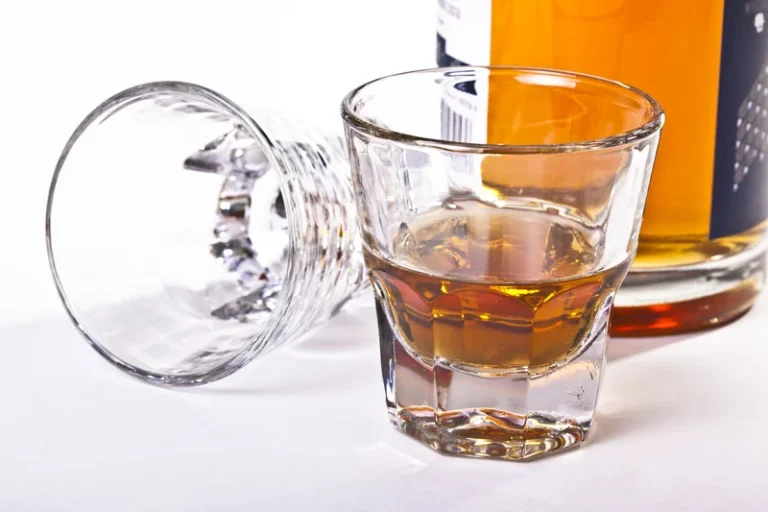
One global study found that no amount of alcohol is completely safe and that alcohol was the biggest risk factor for disease worldwide. Another more recent study found that any amount of alcohol causes harm to the brain. Unfortunately, the already low levels of these enzymes continue to decrease as women age, meaning that alcohol is metabolized (changed into a form your body can use) much more slowly. Remember, if alcohol is affecting your health or lifestyle, have a conversation with your health care provider or a Banner Health specialist.
Alcohol and age: A risky combination
- Alcohol consumption has previously been linked to the development of many diseases, including hypertension, cancer and liver disease, and previous work has explored its association with biological aging.
- “My ability to tolerate alcohol, even in small doses, dramatically declined,” Dr. Mary Claire Haver, an OB-GYN and author of “The New Menopause,” wrote in a pinned Instagram post, listing what “shocked” her about her own menopause.
- Quality sleep often becomes harder with age and alcohol can make this even more challenging.
- What’s not so well known is the effect of alcohol consumption on biological aging, specifically binge drinking, long-term drinking and type of drinks — such as beer, wine or liquor.
As you age, these disruptions may affect your body more, leaving you tired and groggy the next day. Over time, poor sleep can have a greater effect on your mental and physical health, so it’s important to consider how alcohol might be impacting your sleep. Many of these drugs, such as blood thinners or blood pressure medications, can boost alcohol’s effects, increasing risks of dizziness or drowsiness. “Alcohol can also stack with medication side effects, sometimes leading to dangerous doubling effect,” Dr. LaBruzzo said.
Contents
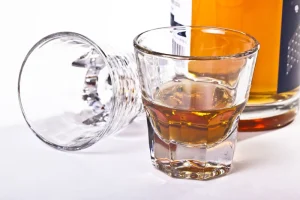
It can impact your physical, emotional, and spiritual health, too—making you not only look but also feel older than you are. Ria Health offers several FDA-approved medications for alcohol use disorder. When combined with counseling, this approach is proven highly effective. People who drink may notice that they’re “feeling no pain” sooner as they get older.
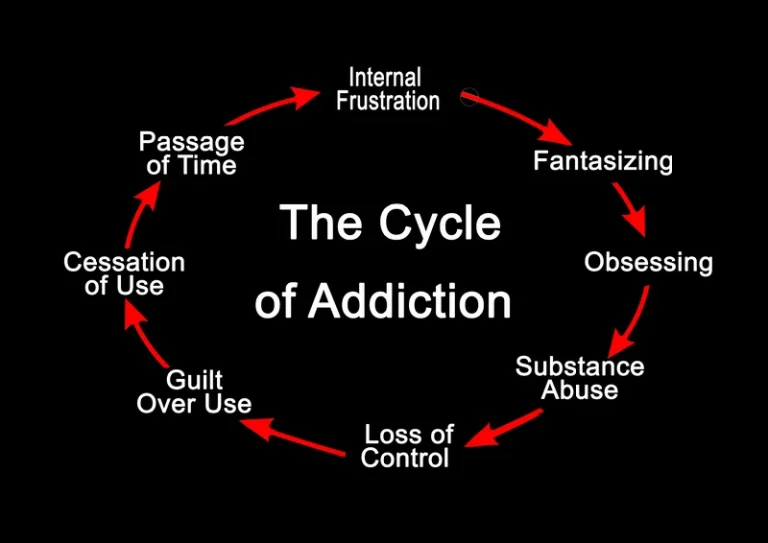
Heart
Popular methods such as meditation, yoga, therapy, and exercise may help if you drink to manage mental health conditions. But these alone may not be enough, so ask your doctor about additional treatment options. If you do decide to drink, professionals recommend that people over 65 shouldn’t take more than one standard drink each day and no more than 7 each week. Of course, this amount may vary depending on your own health and body type.
- Other preexisting medical conditions also can get worse with drinking, including diabetes, high blood pressure, congestive heart failure and osteoporosis.
- While your skin can regain its supple and dewy complexion after several days of rehydration, broken blood vessels are a lot harder to fix.
- Alcoholism is often overlooked or misdiagnosed in older people.
- As you get older, you have less water in your body and — for reasons that aren’t quite clear –you also feel thirsty less often.
- The older you get, the longer alcohol stays in your system.
Some interactions between alcohol and medication can be life-threatening. Mixing alcohol with opioids or benzodiazepines like diazepam (Valium) is one potentially deadly combination. It depresses the central nervous system by altering how neurotransmitters submit signals to the brain. Along with these, ask about various nonalcoholic brands of spirits, beers, and wines. Most medications and alcohol don’t interact well with each other. Not only will alcohol make conditions like hypertension and diabetes worse, but it also mixes poorly with does alcohol make you age the medications typically used to treat those conditions.
HealthBeat
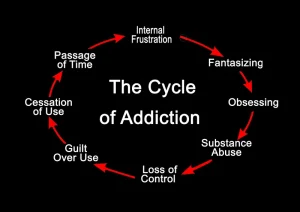
One study found that men who consumed more than 35 drinks a week were 35% more likely to display “arcus corneae” — a gray ring in the eye alcohol rehab that often pops up in old age. Women who had 28 drinks or more per week had a 33% higher chance of developing the same syndrome. Telomeres are small biological caps on the ends of chromosomes which have the sole purpose of protecting the DNA in our chromosomes from getting damaged. These caps will naturally change over time, becoming shorter as we age.
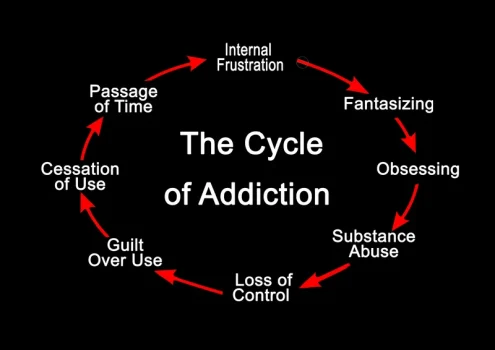
Helpful Tips to Care for Aging Parents
- Instead, Manning encouraged people to go out with their friends, even if they’re all going to a bar.
- One study found that men who consumed more than 35 drinks a week were 35% more likely to display “arcus corneae” — a gray ring in the eye that often pops up in old age.
- Socializing without a beer in your own hand will help to break the mental link between having fun and consuming alcohol.
- If you do decide to drink, professionals recommend that people over 65 shouldn’t take more than one standard drink each day and no more than 7 each week.
This puts us at an even greater risk for prematurely developing cancer or disease. We might not notice the effects right away, but underneath the surface, alcohol damages the many bodily systems and functions that are vital for living well into old age. Though we’re unsure of how drinking alcohol shortens telomeres, researchers from the study suggest that it may be down to the increase in oxidative stress and inflammation our bodies endure when processing alcohol. The Oxford researchers studied genetic markers in the samples and asked the participants how much they drank to determine their alcohol consumption before comparing the lengths of their telomeres. The results suggest that low-level alcohol consumption does not speed up biological aging.